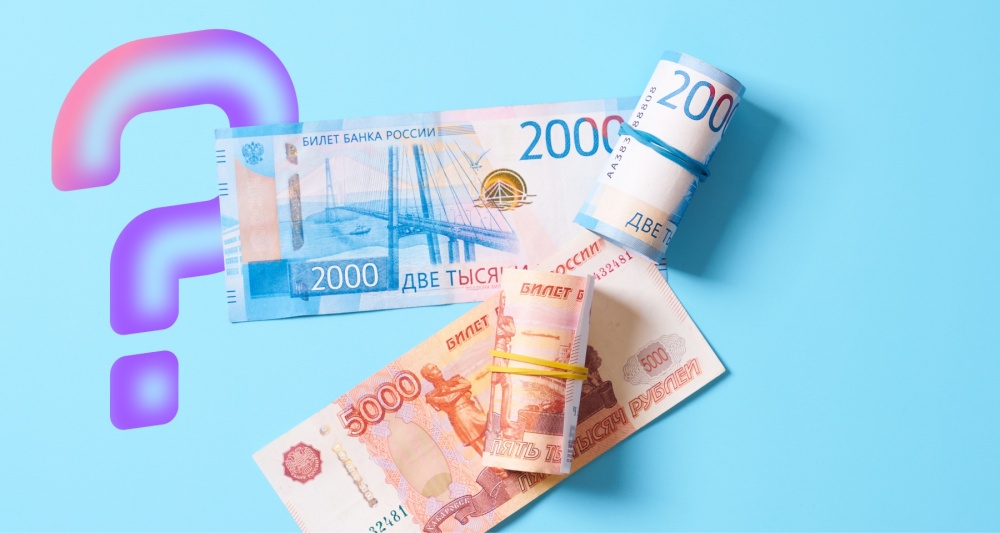The Bank of Russia has revoked as of January 21, 2016 a banking license held by Moscow-based Vneshprombank (Registration No. 3261), the regulator's press service reported.
The Bank of Russia explained its decision to take the measure of last resort as the bank failed to comply with federal banking laws and CBR's statutory acts, its capital adequacy ratios fell below 2%, its capital dropped beneath the minimum charter capital established as of the date of the lending institution's state registration, numerous violations during a year of the requirements provided for in Article 6 and Article 7 (except for Clause 3 of Article 7) of the Federal Law "On Counteracting Legalization (Laundering) of Criminal Income and Financing of Terrorist Acts", and also the application of measures stipulated in the Federal Law "On the Central Bank of the Russian Federation (Bank of Russia)".
"The analysis of Vneshprombank's financial standing, which was performed by the Bank of Russia in cooperation with the Deposit Insurance Agency (DIA), showed that the bank's obligations exceed assets by around Rub 187.4 bln. During a long period of time Vneshprombank management conducted various operations to take assets out of the bank. Financial reports submitted to the Bank of Russia contained no reliable information on the quality and the amount of the bank's assets and liabilities. Vneshprombank executives created a system to cook financial statements on the basis of primary documents, including statements from correspondent accounts held by non-resident banks, credit profiles of clients, operations on client accounts," the regulator pointed out in a press release.
Due to the revocation of Vneshprombank's license it was decided to discontinue as of January 21, 2016 of the moratorium to satisfy claims of its creditors, the Bank of Russia's press service reported separately.
Vneshprombank is a member of the national deposit insurance system.
Business daily Kommersant wrote on January 20 that Vneshprombank might see its license revoked. According to the data obtained by the paper after a meeting held by CBR's committee, the bank's rehabilitation was found impossible due to a record gap of nearly Rub 240 bln in its balance sheet.
Temporary administration was appointed on December 18, 2015 at Vneshprombank for six months as its equity declined by more than 30% compared to the highest amount reached in the past 12 months amid a simultaneous violation of one of the mandatory ratios. The 3-month moratorium on the satisfaction of the bank's creditor claims had been valid since December 22, 2015 "due to the failure to satisfy creditors' monetary claims during the period exceeding seven days the day on which they should be satisfied".
Earlier Vneshprombank clients found it difficult to take their money back from deposit accounts and bank cards. Since December 16, 2015 the Bank of Russia has cut off Vneshprombank from the Banking Electronic Speedy Payment (BESP) system.
The news broke in late December that Vneshprombank management board chairwoman and co-owner Larisa Markus was arrested on charges of fraud until February 18, and several days before New Year the media wired that her brother Georgy Bedzhamov, who is also the bank's co-owner, disappeared. Forbes sources specified that he was in Monaco and could seek political asylum in a European country.
Moreover, the media reported that the money of the Russian Orthodox Church might have bogged down at Vneshprombank. The Vneshprombank management board chairwoman was very close to the Patriarchate and its leaders, so the church might pick this bank to hold some of its funds at. At Vneshprombank the money is also held by major companies and corporations, namely Transneft (over Rub 20 bln), Novorossiysk Sea Commercial Port (Rub 14-17 bln), and the Olympic Committee of Russia.
Business magazine Forbes managed to find out names of some of Vneshtorgbank's VIP deposit holders. As said by the bank's source close to the Bank of Russia and confirmed by the bank's deposit holder, the bank's deposit holders include Irina Shoigu, the wife of the Russian Minister of Defense, Natalia Kvacheva, the spouse of vice PM Dmitry Kozak, and Andrei Boloton, son-in-law of Transneft CEO Nikolai Tokarev. Furthermore, the money was also held at the bank by family members of Olympic Committee of Russia leader Alexander Zhukov (his son Pyotr was employed by Vneshprombank), relatives of the Russian Ambassador to Ukraine Mikhail Zurabov, and Transneft board member Artur Chilingarov.
On January 14, 2016 international rating agency Standard & Poor's Ratings Services downgraded Vneshprombank's long-term and short-term counterparty credit ratings from R/R to D/D, senior unsecured debt ratings from CC to D, and the national scale rating from R to D. The agency explained the downgrade of the ratings to the default grade as the bank is under moratorium to satisfy creditor claims and due to its difficult financial standing. Analysts think that the bank will be unable to repay the money to creditors which is classified as default. Russian rating agency RAEX also lowered Vneshprombank's rating to default category.









